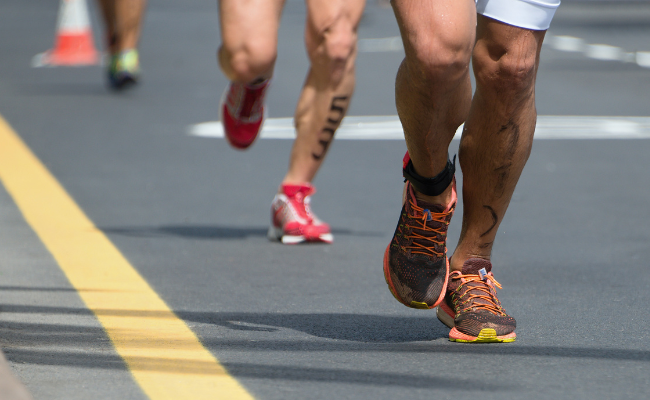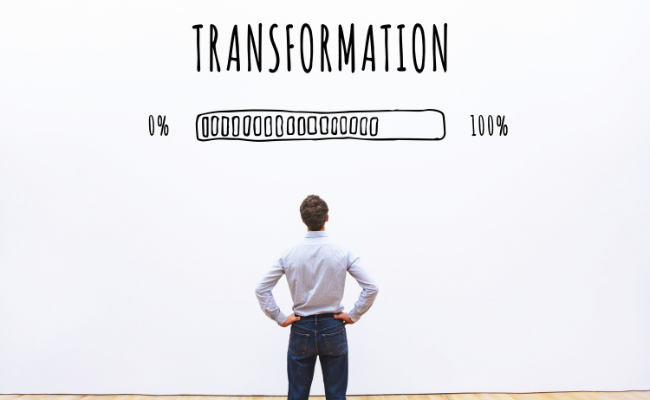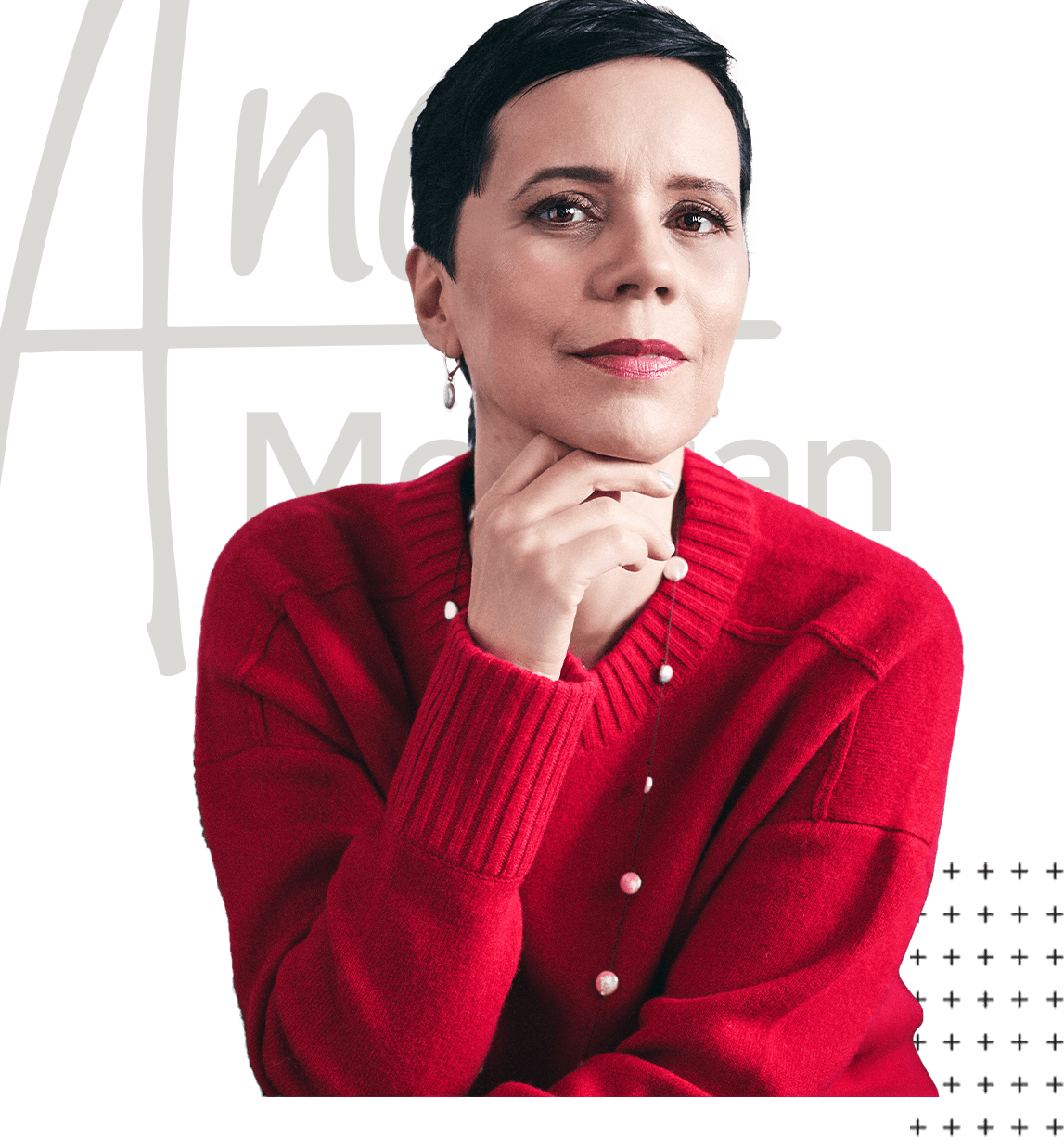Transformation, Trauma, Cancer and Emotions. A Conversation with David Richman
“If you have no idea who you are, then you haven’t been the best you. Work hard and make up for the time and become the best you.” – David Richman
I had the pleasure of speaking with David Richman, a speaker, consultant, and the author of several books, including Cycle of Lives: 15 People’s Stories, 5000 Miles, and a Journey Through the Emotional Chaos of Cancer.
We discuss:
- David’s transformation from being an overweight smoker to an Ironman ultramarathoner
- Why we need to transform psychologically as well as physically
- Navigating transformation amid trauma
David’s transformation from being an overweight smoker to an Ironman ultramarathoner

What does it mean to “put yourself first”? If you’re someone who falls into the people-pleaser category, the idea of considering your personal needs and wants over the needs and wants of others may feel foreign or even selfish.
That could not be further from the truth, and David is a first-hand example of what happens when we start taking care of ourselves.
David spent the first half of his life worrying about making others happy, always aiming to be a better parent, better employee, and better son. He ran himself into the ground trying to be everything to everybody all the time without sparing that same attention to the guy in the mirror.
“When I finally started to care about the guy in the mirror, I realized he was not doing so good,” he shares. “I had to change my mindset to stop worrying about the way others perceive me and worry more about getting to be the best that I could be for me.”
Taking action toward drastic change
When people watch a race, they pay attention to the winner. The winner was most likely running for the medal. The runners in the middle of the pack are the ones who are running for themselves. Not recognition, not fanfare—simple self-motivation.
That concept inspired David’s book, Winning in the Middle of the Pack.
After his moment of reckoning in the mirror, he took a long look at his life and committed himself to drastic change. Not to earn a medal. Not to be viewed as successful or accomplished. But for the sake of himself—a new concept for him.
“I looked in the mirror, and I was talking to myself. I said, ‘Hey, dude, what's your problem? Like, what's your deal? And I just became honest with myself to say, ‘Here's what's good, and here's what's bad. Here's what needs to change. You’ve got one chance, and you might as well do it now,” he explains. “That was the start of it. That was the aha moment.”
He removed himself and his twin children from an abusive environment, quit smoking, and began a weight loss journey, all in under a year. He started with running a mile, then a 5k, and four months later, completed a half ironman. Eight months after that? A full ironman.
“I went pretty hard and fast into trying to turn my life around and become healthy because I figured I wasted a lot of time,” he continues.
And that was only the beginning—as much as physical transformation is crucial for healthy change, healing our mentality is just as critical.
Why we need to transform psychologically as well as physically

Physical changes are only as powerful as our internal changes. If we’re fit and trim with good eating habits, yet our thoughts are negative and self-deprecating, we’re missing the full benefits of a healthy life.
“I had to rewire my brain because, I mean, look—mindset is all about how we think, but the voice we have inside is so different than we think it is. We're so mean and negative to ourselves,” he says. “And we have to overcome years and years and years of trauma and the way we deal with things. It takes a long time to rewire your brain.”
At David's first half ironman, he almost got in his car and drove away before the first section after seeing the other participants.
“I look around and everybody looks like a Greek god. There's not an ounce of fat, and everybody's so fit, and I thought, ‘Oh, my God, they belong here. I don't belong here.’ I just started beating myself up. ‘These are athletes, you're not an athlete, you're an overweight smoker, you're a loser. You're not ever going to be anything like this.’”
But when the gun went off to signal the start of the event, he saw that some people were swimming on their backs, taking their time—they didn’t seem to care that they weren’t the most athletic participants. David changed his mindset from comparison to curiosity.
“I thought, ‘They don't seem to care, why do I care? Why don't I just try to do my best and see how that works out?’ I can tell you 20 stories like that over three, four, or five years that gave me a way to really understand how to rewire my brain,” he explains.
Navigating transformation amid trauma

Life has a devastating way of hitting us hardest when we’re in the throws of monumental change. David’s experience was no exception. Just as he realized that he had his whole life ahead of him, that he could matter, and he had control over his future, he got dealt a blow.
“I see this big life ahead of me. And then I get a call from my sister,” he shares. “And she says that she has terminal brain cancer. So my journey is long and endless; her journey is going to be very short and lead to her death. It was a stark reality to deal with.”
During this turmoil, David noticed how unequipped people are to have the hard conversations—emotional, trauma-based conversations—even with those they are closest to.
“It took me a while to wrap my brain around it. But it's very, very true. I haven't met any one person that doesn't have some amount of understanding or agreement, who can’t relate to the idea that when it comes to having hard conversations about the emotional side of trauma—like cancer, really difficult things like that—people struggle, and I wanted to try to figure out why.” he explains.
David could not sit by and do nothing while losing his sister. This path of thinking led him to embark on a coast-to-coast bike trip to raise funds and gather stories of people affected by cancer. These stories would become the foundation of his book Cycle of Lives.
Embracing the hard conversations
“I noticed that people were good about talking about tasks related to cancer. ‘How do I find a better doctor? How do I sleep better? How do I eat better? How do I get my kids watched?’ There was a lot of help, support, education, and guidance in these areas,” he explains. “But then when it came to the emotional side—how do you feel about it, and talk to me about what you're going through, etc.—It's a very quiet, lonely place.”
Countless families have felt the impact of cancer—myself included—and know the hardships accompanying such a journey. David encourages us to lean into the discomfort of discussing emotions and the trauma that lingers in all of us.
“If we understand a little bit more, we may have some insight into how lonely it could be or how difficult it could be to talk about the emotional side. It can empower us to get out of our comfort zone and have hard conversations so that we can connect more authentically,” he says.
Because isn’t that all anyone wants at the end of the day? To be understood, to be heard, to connect authentically.
It takes someone who has taken the time to know themselves and care for themselves to meet someone in that place of emotion and trauma. And for that to happen, we all must take care of ourselves.
Transforming our mindsets and habits to reflect our best selves—to meet our best selves—frees us to authentically show up for others.
And that is one of the least selfish things one can do.
Have you met your best self yet? If so, what are they like? If not, what is keeping you from them?
Be sure to check out David’s full episode for further insight into transformation and learn more at DavidRichman.com!








